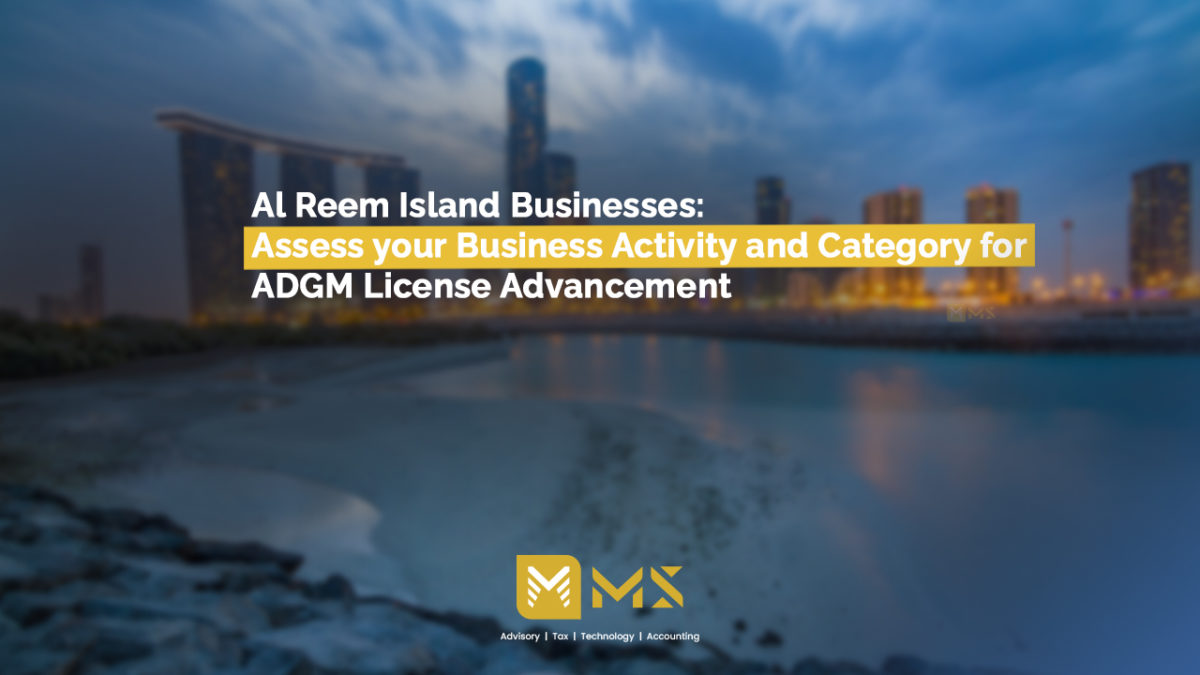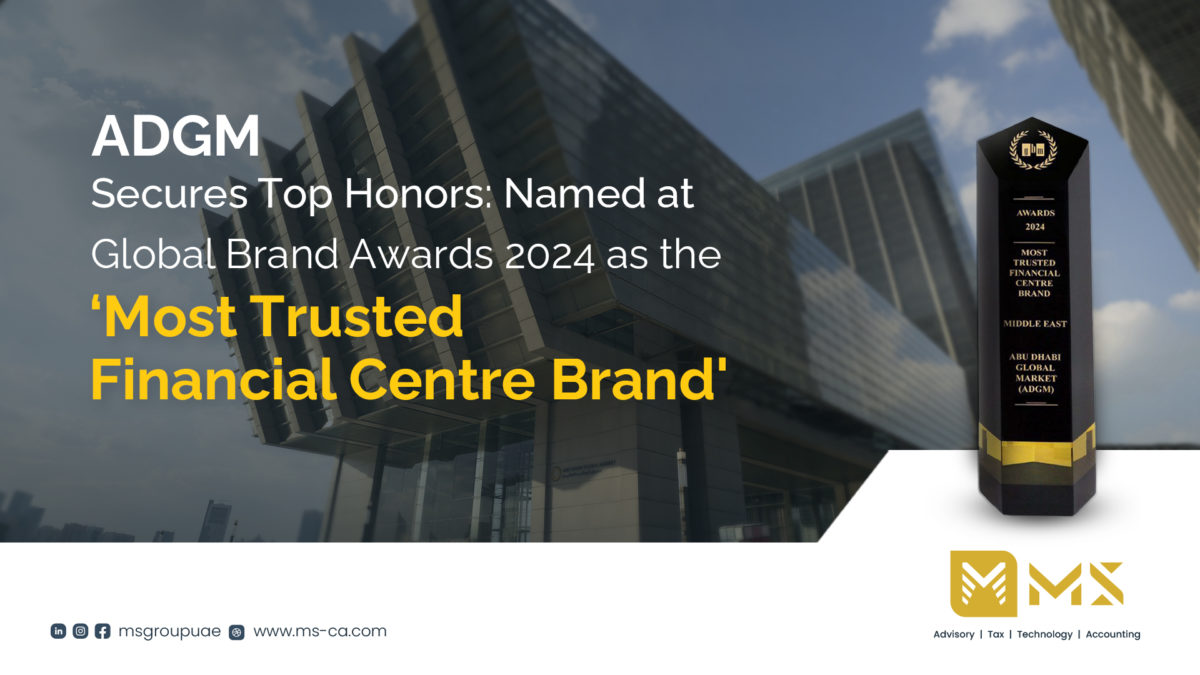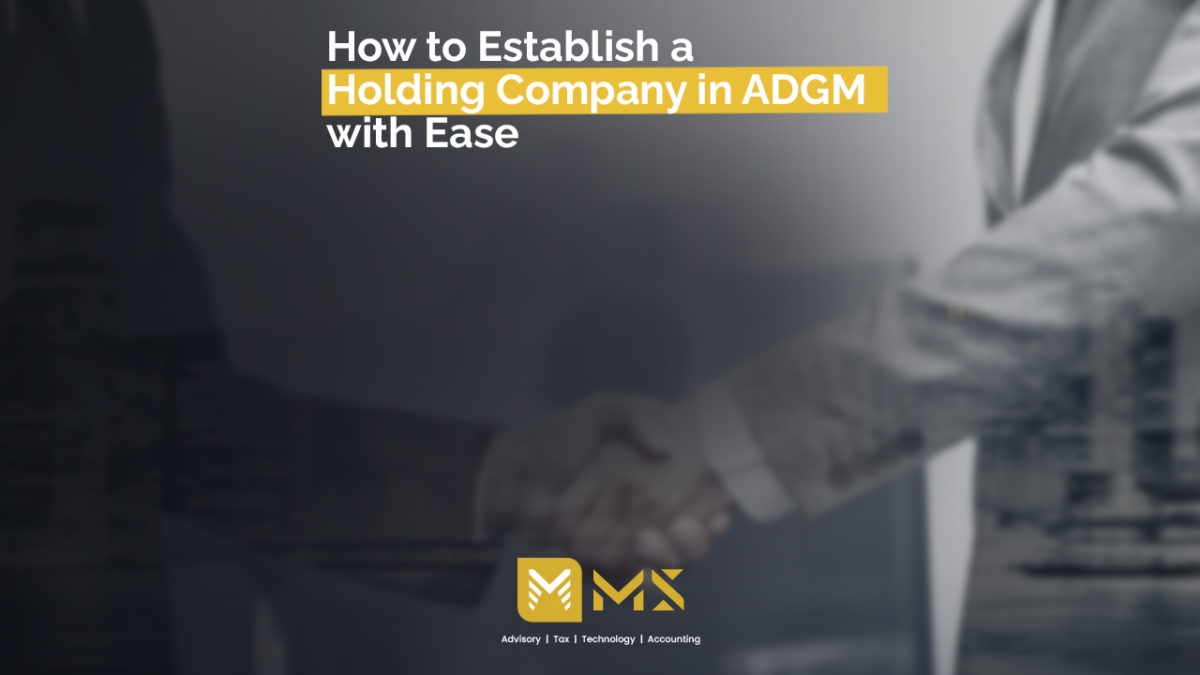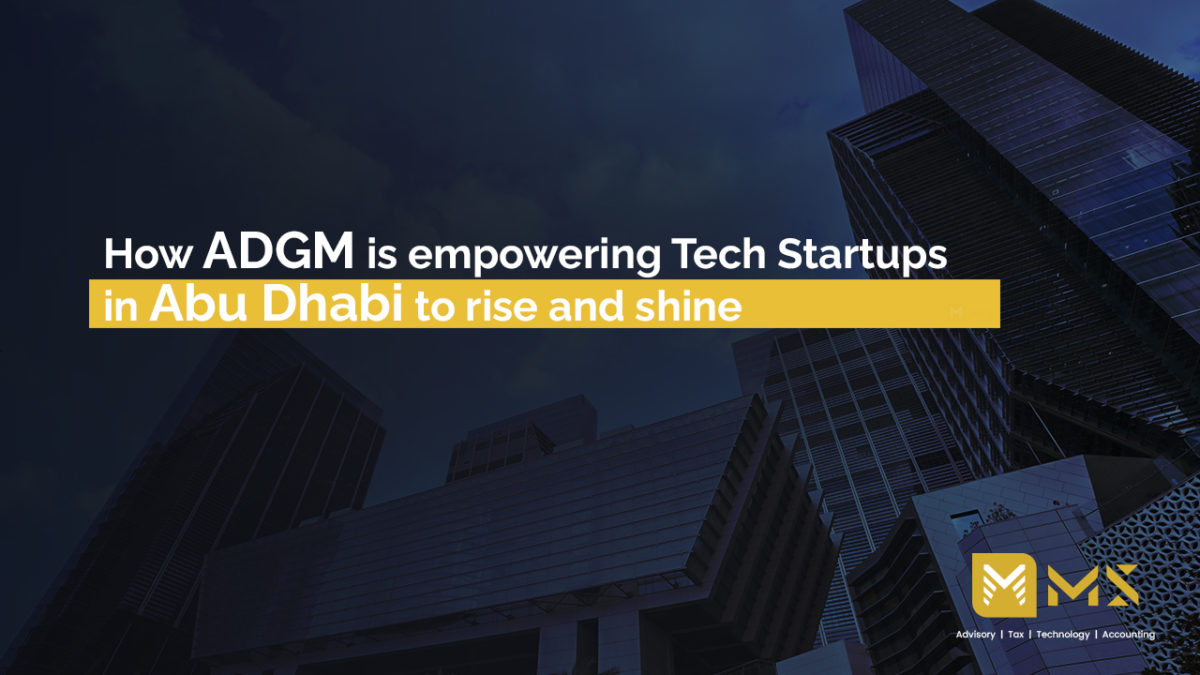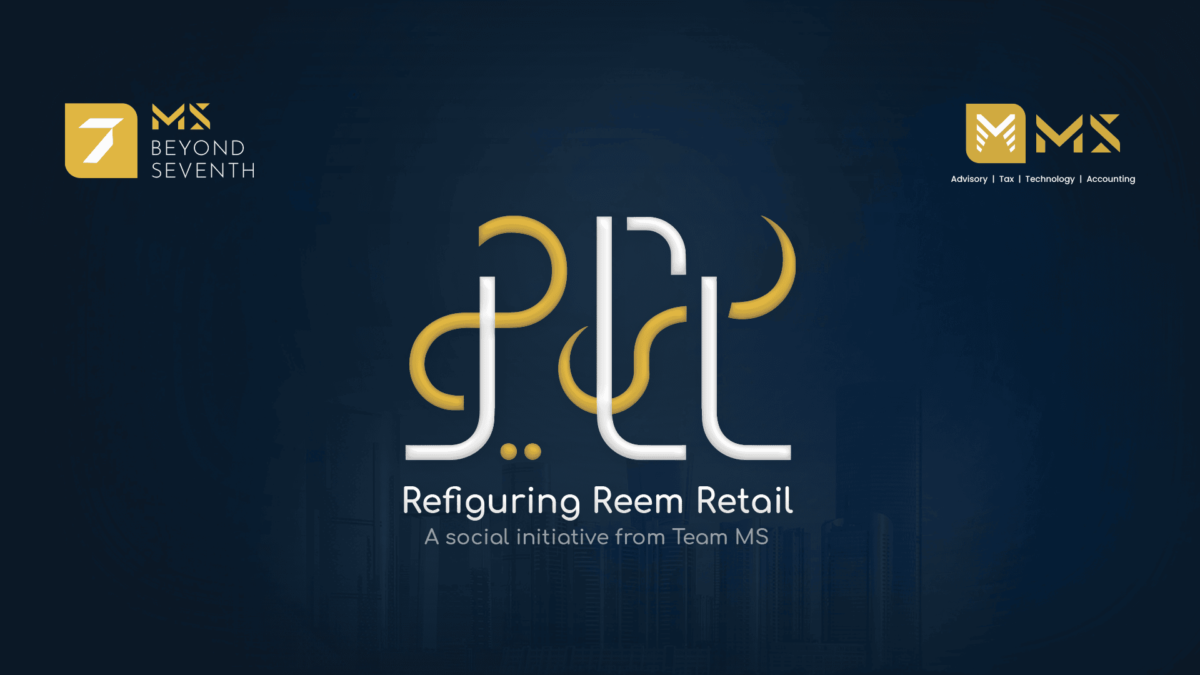The United Arab Emirates has long been a leader in advocating for both employee and employer rights. Within this progressive landscape, the Abu Dhabi Global Market (ADGM) distinguishes itself with advanced employment regulations that ensure compliance while fostering a mutually beneficial environment for all stakeholders. This premier financial centre provides a sophisticated legal framework, integrating local and international best practices. For businesses, this means streamlined operations and efficient workforce management. ADGM’s dedication to transparency and balance enables businesses to attract and retain top talent, driving them towards greater success.
ADGM Employment Regulations 2019
ADGM’s employment regulations are governed by the ADGM Employment Regulations 2019, which ensure a fair balance between employer and employee obligations, including payroll. Unlike other parts of the UAE, the UAE Federal Law No. 33 of 2021 concerning labor relations does not apply to ADGM. Instead, ADGM has its own set of employment regulations, making precise and comprehensive payroll management crucial for compliance.
Key aspects of these regulations include:
- Timely Payment of Wages: Employers must ensure timely payment of wages to employees.
- Pay slips: Employers are required to provide detailed pay slips to employees.
- End-of-Service Gratuity: This is calculated based on an employee’s tenure and is a mandated benefit.
Employment Contracts and Visas
ADGM generally follows a contract-based employment system. Employers and employees must have a written contract outlining the terms and conditions of employment, remuneration details, probation, benefits, duties, working hours, notice periods, and termination conditions. This contract must be provided within one month of the commencement of employment.
Employers are responsible for obtaining work permits for their employees and covering all associated costs. Visa applications in ADGM are handled through the Corporate Relations Office at ADGM.
Duties and Obligations
The ADGM Employment Regulations detail the duties and obligations of both employers and employees. Employers must ensure health insurance coverage for their employees and adhere to health and safety standards in the workplace. Discrimination and harassment based on gender, race, religion, or disability are prohibited, promoting a safe and inclusive work environment.
Overtime:
- The maximum working time is 48 hours per week with no opt-out option.
- Overtime applies to employees, excluding managers and supervisors, for hours worked over 832 in four months.
- Overtime compensation can be monetary, time in lieu, or both, with rates of 25% (daytime) and 50% (9 pm to 4 am).
- Payments must be made within one month after the four-month period.
- Employers must keep time records for employees nearing or exceeding the Threshold.
Sick Pay:
- Sick leave is divided into:
- 10 business days at full pay.
- 20 business days at half pay.
- 30 business days without pay.
- Employers can terminate employees exceeding 60 business days of sick leave in 12 months, except for Disability-related leave.
Minimum Notice Period:
- The notice must be in writing:
- Seven days for employment under three months.
- 30 days for employment of three months or more.
Fines and Potential Compensation:
- Employers failing to pay wages within 14 days may be ordered to pay compensation up to the last Daily Wage for each day of delay.
Discrimination:
- Color is now a protected class according to ADGM Employment Regulations.
- Breaches can result in compensation for up to three years of Basic Wages and fines of up to USD 20,000 for non-compliance with court recommendations.
Termination of Employment and End-of-Service Gratuity
Termination procedures in ADGM require a 30-day notice period. Immediate termination without notice is permissible for justifiable cause. Employees are entitled to end-of-service gratuity if they have completed at least one year of continuous employment, provided the termination is not due to employee misconduct.
Non-Employee Engagement
The Registrar of ADGM has outlined rules for engaging non-employees, including secondees, outsourced individuals, interns, and temporary freelancers. These rules set conditions for temporary work permits, applicable fees, and fines for non-compliance.
The UAE, with its diverse jurisdictions, operates under various rules and regulations that form the backbone of its business environment. Understanding these regulations is essential for achieving business excellence. The Abu Dhabi Global Market (ADGM), in particular, has established employment regulations that provide a robust framework for employment within its jurisdiction, setting minimum employment standards, balancing employer and employee rights and obligations, and aligning with international best practices. This comprehensive framework covers aspects such as employment contracts, visas and work permits, duties and obligations, remuneration, working hours, leave entitlements, labor rights, and termination procedures.
For businesses operating in ADGM, precise and comprehensive payroll management is crucial to ensure compliance with these unique regulations. Adhering to these standards not only ensures legal compliance but also fosters a fair and conducive working environment, safeguarding the rights and interests of both employers and employees. By maintaining high standards in payroll management, businesses can contribute to a stable and attractive labor market within ADGM, promoting long-term success and sustainability.
MS for Payroll Precision in ADGM
Understanding the ADGM Employment Regulations ensures compliance with regional regulations, mitigating risks of non-compliance such as fines, legal issues, and reputational damage. Compliance with the ADGM builds trust and credibility, crucial for attracting and retaining international stakeholders. By using our expert payroll services in MS, you can confidently manage payroll and focus on driving business success, one of key factors of the ADGM Employment Regulations.




